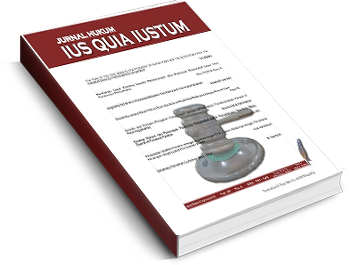Main Article Content
Abstract
Transnational Corporations (hereinafter TNCs) have great influence in the economic development and social welfare in host states. Due to the strong economic power owned by TNCs, they are able to influence the government of the host states. However, to certain extent, in order to gain a great profit, they often violate human rights and the environment in the host states. Unfortunately, the TNCs are not the subject of international law, thus international environmental law and International human rights law cannot be applied to TNCs. It seems that TNCs are out of the ambit of Law. However, it is essential to enhance the role of the host state government to enforce the law in order to protect human rights and environment in the host state. This paper undertakes a critical examination of the issues relating to human rights violations and environmental damage done by TNCs in developing countries. The research method of this article is qualitative and the approach of the research is normative. The research finds that the role of the host sate to enforce the law to protect human rights and environment from the violation done by TNCs is paramount.
Keywords
Article Details
Authors who publish with this journal agree to the following terms:
a. Authors retain copyright and grant the journal right of first publication with the work simultaneously licensed under a Creative Commons Attribution License that allows others to share the work with an acknowledgement of the work's authorship and initial publication in this journal.
b. Authors are able to enter into separate, additional contractual arrangements for the non-exclusive distribution of the journal's published version of the work (e.g., post it to an institutional repository or publish it in a book), with an acknowledgement of its initial publication in this journal.




